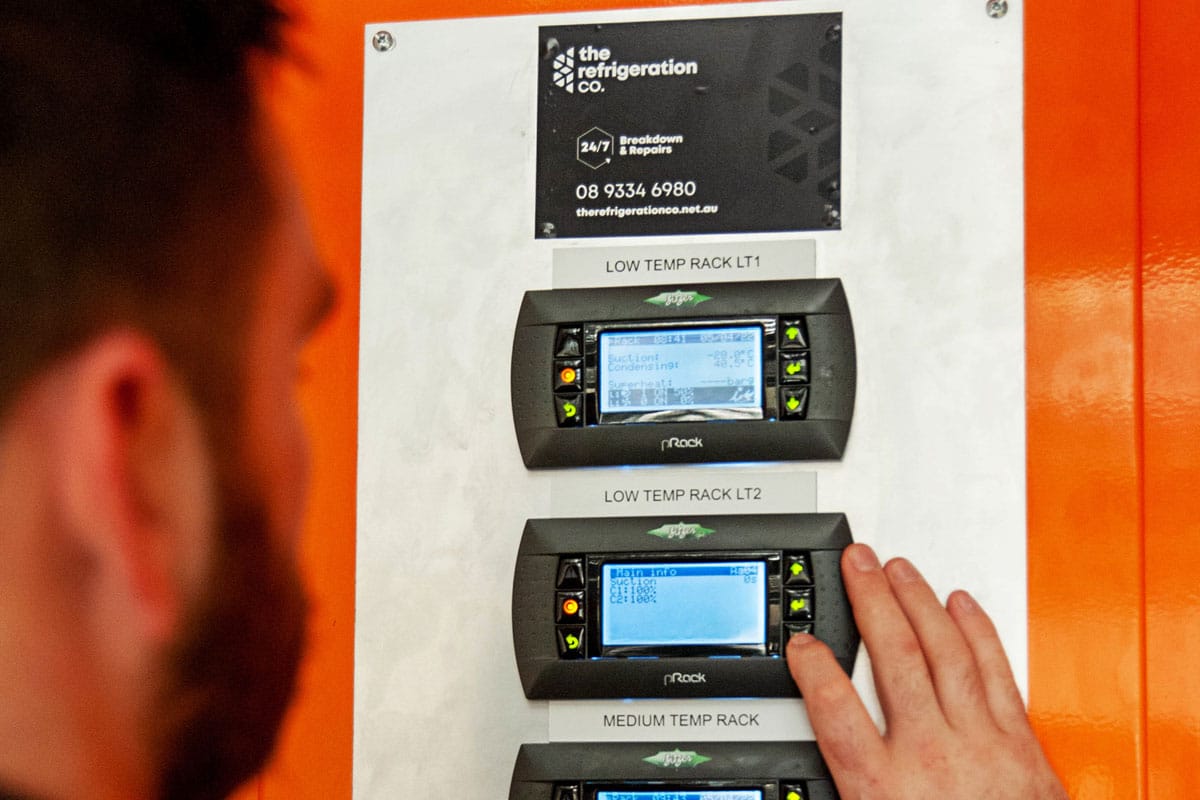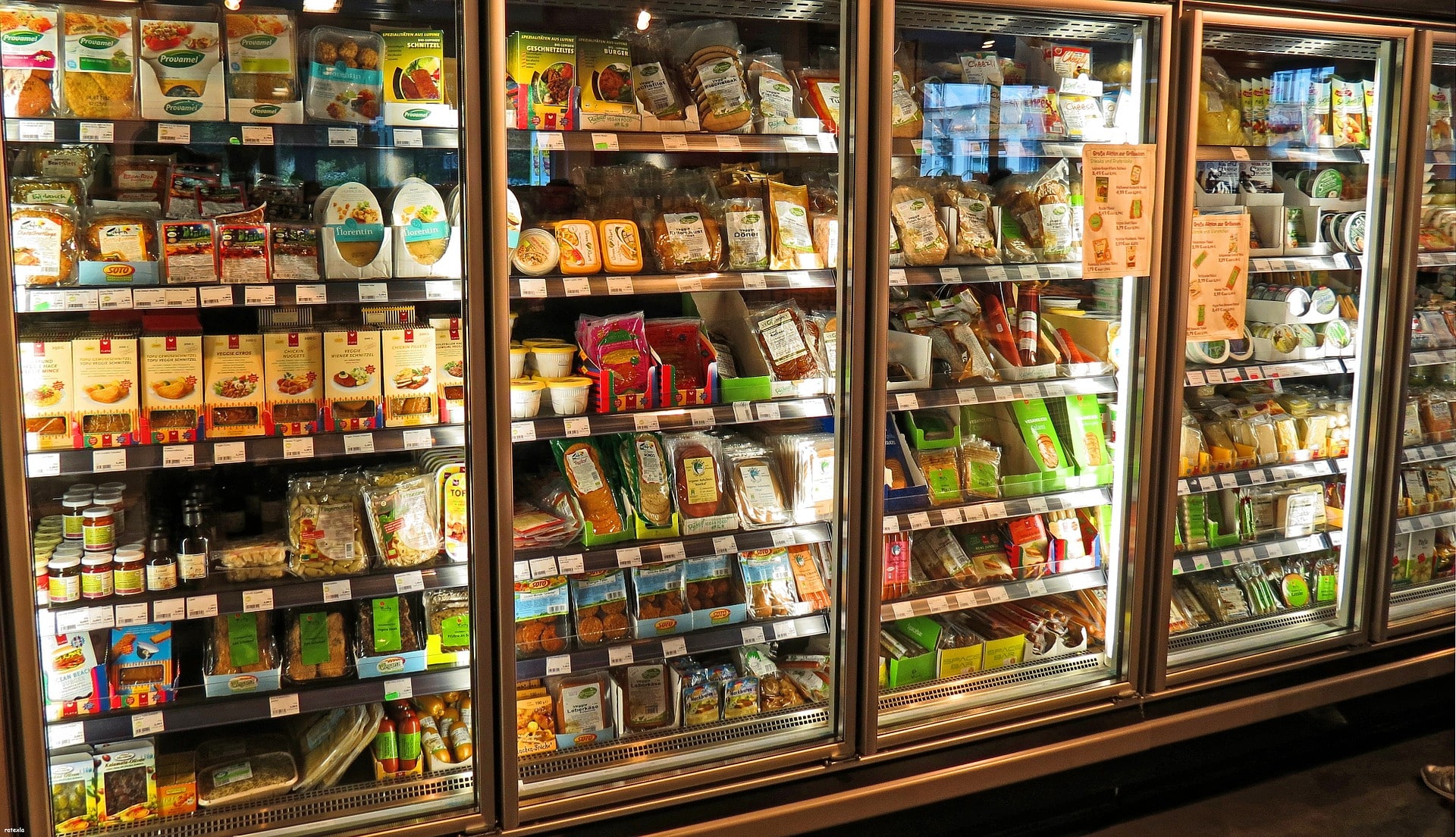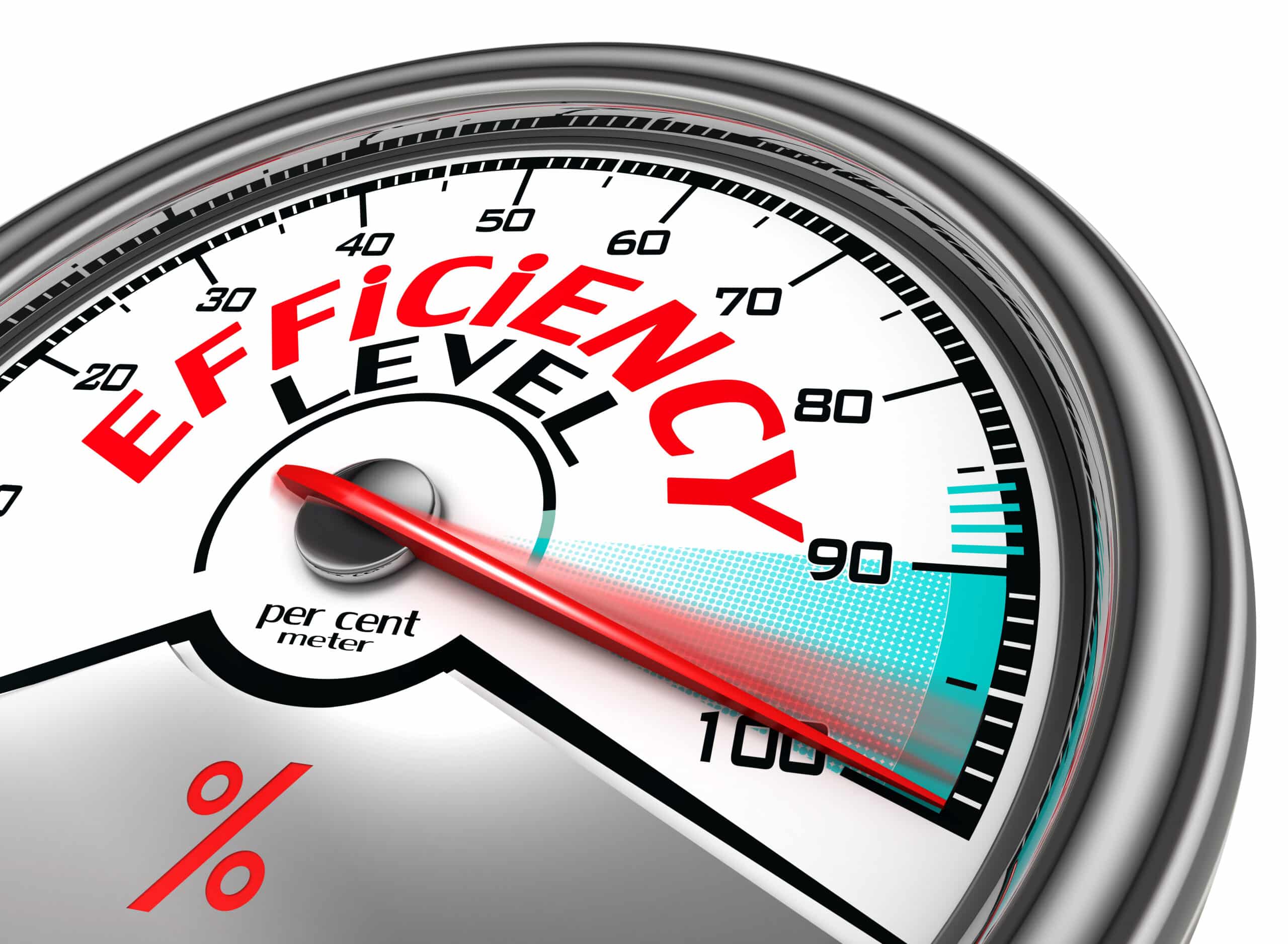Common Installation Mistakes to Avoid When Setting Up Commercial Refrigeration Systems

Commercial refrigeration systems play a pivotal role in various industries, from restaurants and supermarkets to pharmaceutical companies and warehouses. These systems are responsible for preserving perishable goods, maintaining optimal temperatures, and ensuring the safety of products.
However, the successful installation of such systems requires careful planning, attention to detail, and a thorough understanding of the complexities involved. In this article, we will discuss some common installation mistakes to avoid when setting up commercial refrigeration systems to ensure their efficiency, longevity, and functionality.
1. Inadequate Site Assessment
One of the primary mistakes made during the installation of commercial refrigeration systems is an inadequate site assessment. Failing to properly assess the installation site can lead to numerous complications down the line. Factors such as available space, ambient temperature, ventilation, and electrical requirements must be thoroughly evaluated. Ignoring these factors can result in inefficient cooling, increased energy consumption, and potential equipment failure
2. Improper Sizing
Selecting the right size of the refrigeration system is crucial for its optimal performance. Undersized units will struggle to maintain the desired temperature, leading to excessive wear and tear on components and increased energy consumption. On the other hand, oversized units may cycle on and off frequently, leading to energy wastage and reduced system lifespan. Conducting accurate heat load calculations based on the specific needs of the establishment is essential to avoid such sizing errors.
3. Poor Ventilation
Commercial refrigeration systems generate heat during their operation. If the installation area lacks proper ventilation, this excess heat can accumulate, causing the system to work harder to maintain the desired temperature. It’s important to ensure that there is adequate space around the unit for heat dissipation and proper airflow. Failing to do so can result in system inefficiency and premature component failure.
4. Incorrect Refrigerant Charging
Proper refrigerant charging is essential for the efficient operation of commercial refrigeration systems. Incorrect refrigerant levels can lead to reduced cooling capacity, increased energy consumption, and even compressor damage. It’s crucial to follow manufacturer guidelines and utilize accurate measurement tools to ensure that the refrigerant charge is within the recommended range.
5. Neglecting Insulation
Insulation plays a vital role in maintaining the temperature stability of a commercial refrigeration system. Inadequate insulation can lead to temperature fluctuations, energy wastage, and increased strain on the cooling components. Proper insulation, especially for pipes and ducts, helps prevent condensation and ensures that the system operates at its intended efficiency.
6. Disregarding Energy Efficiency
Energy efficiency is a significant consideration in today’s environmentally conscious world. Overlooking energy-efficient features and practices during installation can lead to higher operational costs and unnecessary environmental impact. Utilizing systems with advanced controls, such as programmable thermostats and variable speed compressors, can significantly enhance energy efficiency.
7. Incorrect Placement of Equipment
The placement of various components within the refrigeration system is critical. Placing the condenser unit in an area with inadequate airflow or too much direct sunlight can reduce its efficiency. Similarly, placing evaporator coils in a location that obstructs airflow can hinder heat exchange and lead to system inefficiency. Proper placement of all system components is crucial for optimal performance.
8. Lack of Proper Drainage
Commercial refrigeration systems produce condensate as they operate, and if this moisture is not adequately drained, it can lead to issues such as water damage and mold growth. Improper drainage can also affect the system’s performance and increase the likelihood of breakdowns. Incorporating proper drainage systems during installation is essential to prevent these problems.
9. Inadequate Electrical Considerations
Commercial refrigeration systems require a stable and appropriate power supply. Failing to consider the electrical requirements of the system during installation can lead to voltage fluctuations, frequent tripping of circuit breakers, and even damage to the system’s electrical components. It’s crucial to ensure that the electrical infrastructure can handle the system’s power demands.
10. Skipping Professional Installation
Perhaps one of the most significant mistakes is attempting to install a commercial refrigeration system without professional expertise. These systems are intricate and require specialized knowledge for correct installation. Relying on unqualified personnel can lead to errors that compromise the system’s efficiency, safety, and longevity. Investing in professional installation ensures that the system is set up correctly from the start.
In conclusion, the installation of commercial refrigeration systems demands careful attention to detail, adherence to manufacturer guidelines, and a commitment to ensuring optimal performance. By avoiding these common installation mistakes, businesses can enhance the efficiency, reliability, and lifespan of their refrigeration systems.
From conducting thorough site assessments to ensuring proper insulation and ventilation, each step contributes to a well-functioning system that preserves perishable goods and supports various industries. For the best results, seeking the assistance of qualified professionals is highly recommended, as their expertise can prevent costly errors and deliver a refrigeration system that meets the specific needs of the establishment.
Related Article: How to Choose the Right Commercial Refrigeration Equipment for Your Business
Relevant articles
How Commercial Refrigeration Reduces Food Wastage
5 Signs You Need to Repair or Replace Your Commercial Refrigeration Unit
Commercial refrigeration units play a crucial role in maintaining food safety, protecting perishable items, and keeping your business running smoothly…
Understanding the ROI on Commercial Refrigeration Investments in Perth
Energy Efficiency and Cost Savings: The Future of Commercial Refrigeration in Perth
In this article, we will explore the latest trends in energy-efficient commercial refrigeration and how they can offer substantial cost-saving benefits for your business in Perth




